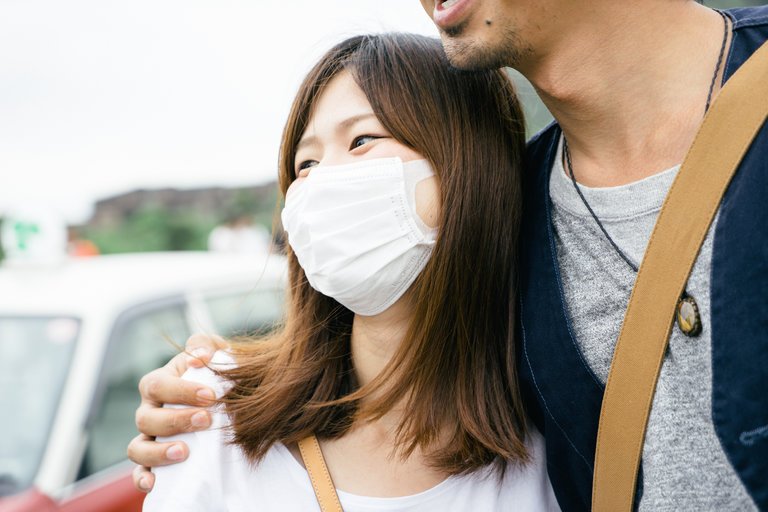Supported by
Well | Live
Do Face Masks Really Keep You Healthy?
Q. How effective are antimicrobial “courtesy masks” at preventing the spread of contagious airborne illnesses?
A. The best evidence suggests that, when sick, wearing a mask can help to protect others from getting sick. And when well, wearing a mask around those who are sick will probably decrease your own chances of becoming infected. But the masks are far from foolproof.
Courtesy masks, or what we doctors refer to as surgical masks, were introduced into the operating room in the late 1800s. They quickly became popular among a public eager to protect itself against the influenza pandemic of 1918.
A century later, the advent of modern molecular techniques confirmed that surgical masks can indeed provide good protection against flu. In a 2013 study, researchers counted the number of virus particles in the air around patients with flu. They found that surgical masks decreased the exhalation of large viral droplets 25-fold. The masks were, however, less effective against the fine viral droplets that can remain suspended in the air longer and are therefore more infectious, cutting them by 2.8 times.
Advertisement
Continue reading the main story
Surgical masks also afford fairly good protection for the worried well. In an oft-cited study of 446 nurses, researchers found surgical masks were as good, or nearly as good, at protecting the wearer against flu as respirators, a somewhat more high-tech, masklike device used in hospitals.
Continue reading the main story
The work of Australian investigators provides further support for the value of the simple surgical mask. They estimate that in a home setting, wearing a surgical mask decreases a well person’s risk of getting sick by 60 percent to 80 percent.
Newsletter Sign Up
Continue reading the main story
Please verify you're not a robot by clicking the box.
Invalid email address. Please re-enter.
You must select a newsletter to subscribe to.
Sign Up You agree to receive occasional updates and special offers for The New York Times's products and services.
Thank you for subscribing.
An error has occurred. Please try again later.
You are already subscribed to this email.
View all New York Times newsletters.
- See Sample
- Manage Email Preferences
- Not you?
- Privacy Policy
- Opt out or contact us anytime
Unfortunately, most people fail to wear a mask faithfully enough to achieve this degree of protection, and the Centers for Disease Control and Prevention remains equivocal about the use of masks outside of health care settings. “No recommendation can be made at this time for mask use in the community by asymptomatic persons, including those at high risk for complications, to prevent exposure to influenza viruses,” the agency concludes on its website.
If you don’t have a mask, or don’t want to wear one, standing at least six feet from an infected person will increase your chances for staying healthy. The air surrounding sick people, even if they aren’t coughing or sneezing, is loaded with small infectious aerosolized particles, and the farther you are from them, the better.
Washing your hands frequently, of course, is also critical for staying healthy, since touching infected fingers to the eyes, nose or mouth can transmit infection.
Do you have a health question? Ask Well
Continue reading the main story Read the Original Article






























